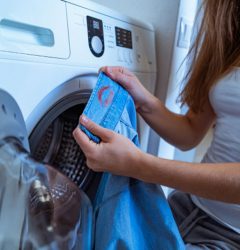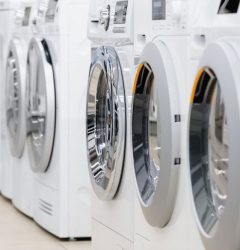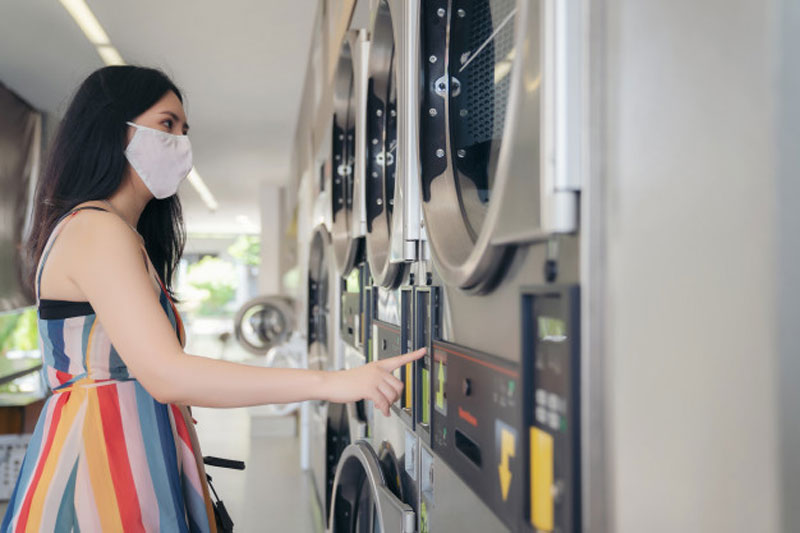
How to wash clothing to prevent COVID-19?
At first, you should consider that clothing is ‘unlikely’ to be a source of infection if you’re not a medic working all day with COVID-19 patients, experts say.
In this article on the London Dry Cleaning Company website, we are trying to show you some tips helping you protect yourself and your family from infection of Coronavirus.
Our experts offer tips on how often to wash, how hot the water should be, and how to handle dirty clothes.
Keep reading to learn more about How to wash clothing to prevent COVID-19? And why disinfection is an important safety measure. We also guide laundering clothing.
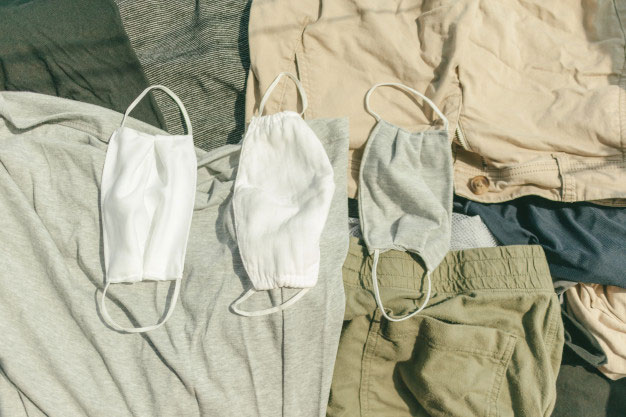
How long COVID-19 survives on clothing?
The most important question is how long COVID-19 Coronavirus lives in clothes. According to studding in Public health authorities, such as the World Health Organization (WHO) and the Centers for Disease Control and Prevention, The virus spreads from person to person through indirect and direct contact.
The authors reported that the virus remained infectious for 3–7 days on glass, stainless steel, and plastic surfaces, and less than 2 days on wood and cloth.
A research letter published in the New England Journal of Medicine, the virus needs some moisture to survive. Without it, the virus can quickly dry up and no longer be viable. So should you assume that the virus can survive on your clothes for up to 24 hours? Maybe. Perhaps.
*Keep in mind that clothes aren’t necessarily all fabric. Some parts, like buttons or clasps, may have metal or plastic. In theory, the virus could survive longer on less absorbent portions of your clothes.
Due to this, practicing proper hygiene and cleaning clothes after each use is critical to stop the transmission of viruses from garments to people.
The following items are high-risk items which should be washed at between 60–90°C:
- clothes soiled with vomit or poo
- sports clothes
- cloths used in food preparation
- healthcare workers’ uniforms
- shared towels
Ryan Merszei, general manager of Jeeves, a laundry cleaning service in Hong Kong, says:” The garment needs to be in an immersive cleaning process such as wet wash with detergent or dry-cleaning method.”
– 9 Tips for washing clothing, and other items that go in the laundry to prevent COVID-19
1- If the items are for an ill person, wear disposable gloves when handling dirty laundry and discard after each use.
If using reusable gloves, those gloves should be dedicated to cleaning and disinfection of surfaces for COVID-19 and should not be used for other purposes.
2- Clean hands immediately after gloves are removed.
3- When no gloves are used during handling dirty laundry, be sure to wash hands afterward.
4- Do not shake dirty laundry as much as possible. This will minimize the possibility of dispersing the virus through the air.
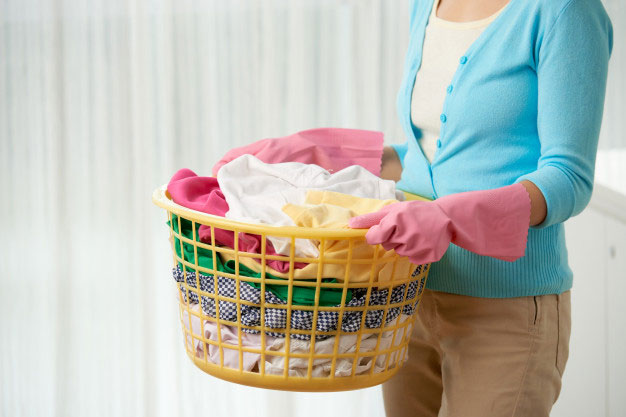
5- When tossing the suspect clothes are in the washing machine, set the water temperature to the warmest that the clothes can handle.
6- Use appropriate amounts of laundry detergent. Laundry detergent should be able to disrupt the virus’s structure.
7- When you cannot wash items immediately, store them in a clean bag or hamper until they can be washed. Be sure to clean and disinfect the hamper after it has been emptied.
8- Disinfect laundry baskets with 0.1% sodium hypochlorite.
Cleaning and disinfecting are different processes. Cleaning involves removing dirt and germs from surfaces. While cleaning may lower the risk of spreading infectious agents, such as viruses and bacteria, it does not kill them.
Disinfection requires the use of chemicals that kill germs. Disinfecting hard surfaces and textiles after cleaning them can further reduce the risk of spreading infections.
9- When the washing is done, dry your clothes completely. It can serve as an additional way of disrupting the virus.
-Using laundry facilities
When you choose to send laundry out to a wash-and-fold service, protect the laundry workers handling your dirty stuff:
-If anyone in your household is sick, don’t send your dirty laundry out immediately. Let it sit for a few days, and then send it out
-Also, be careful with the clean bundles of laundry you get back. If you’ve got lung issues and worry about it, then put them in a closet or something that’s not used, and don’t open them for a few days.
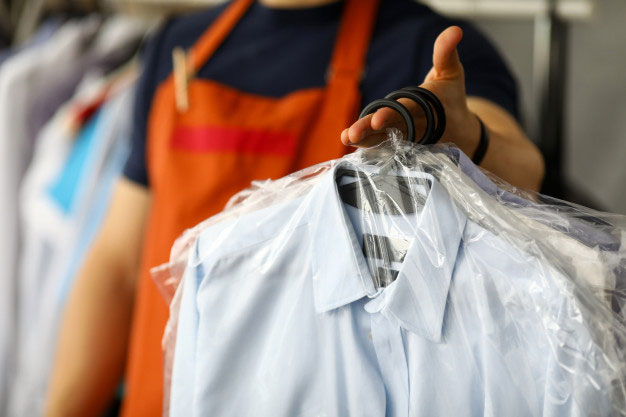
All in all, don’t be paranoid about your clothes. This guidance provides recommendations on the cleaning and disinfection of clothing. Also, you can order and let all the processes to us safely. Our staff considers all the tips above to help the world stop spreading this novel virus.
